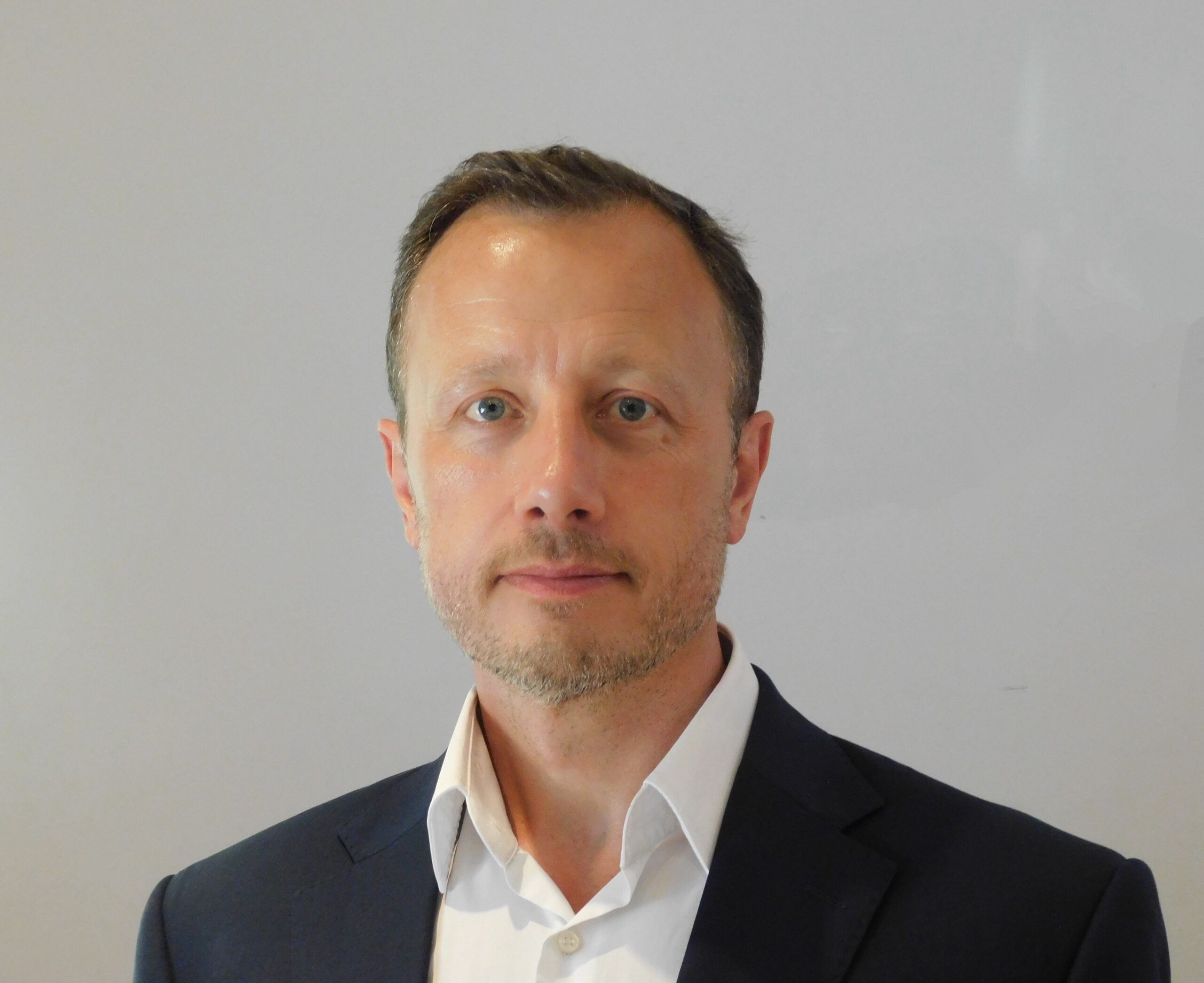Employers’ Guide to Interviewing
In a competitive job market, the performance of the hiring manager during the interview can significantly influence a candidate’s enthusiasm for the role.
A well-executed interview can enhance an organisation’s reputation, attract top talent, and strengthen its employer brand. Conversely, a poor interview experience can have the opposite effect, damaging both the company’s image and its ability to secure the best candidates.
A strong interview process not only helps in securing top talent but also reinforces the organisation’s reputation and employer brand. An organised and thoughtful approach to interviews ensures that the best candidates remain engaged and interested in the role.
Preparing for the Interview
Before the interview, it is essential to:
Define the core values and personal attributes you seek in a candidate.
Craft questions that encourage candidates to elaborate on their qualifications and alignment with your company’s culture.
Familiarise yourself with the interviewee’s CV in advance, identifying key areas to explore during the conversation.
Draw insights from top performers within your organisation to create a clear set of selection criteria based on desired skills, experiences, and accomplishments.
Review the candidate’s professional online presence, including LinkedIn.
Clearly communicate the interview structure and any discussion points beforehand.
Ensure the interview takes place at a time when you are fully prepared and can focus.
Share details of the interview process with the candidate, such as the stages involved and who they will meet.
Schedule interviews with all relevant stakeholders in advance to ensure a smooth and efficient process.
Prepare a list of essential skills and experiences required for the role.
Reducing Stress and Creating the Right Environment
A welcoming and comfortable atmosphere is key to reducing stress and helping candidates perform at their best. Consider the following strategies:
Ensure that all staff who interact with the candidate are aware of the interview and provide a welcoming experience.
Greet candidates warmly and engage in small talk to ease initial nerves. Offer a glass of water and ensure the interview begins with non-threatening, simple questions.
Outline the interview structure clearly to reduce uncertainty and anxiety.
Allow candidates to ask questions throughout the interview, demonstrating that their input is valued.
Provide positive feedback where appropriate, helping to boost the candidate’s confidence.
Avoid placing undue pressure on candidates, and instead foster an environment that is supportive and respectful.
Note-Taking
Taking concise notes during the interview is essential. This will ensure you have a record of each candidate’s responses and can fairly assess their qualifications against the same criteria. However, balance this with active engagement during the conversation to avoid missing important verbal or non-verbal cues.
Asking the Right Questions
Effective interviews rely on open-ended, role-specific questions that allow candidates to offer detailed insights into their experiences and qualifications. Consider the following:
Structure your questions to encourage candidates to describe past situations, actions, and outcomes.
Tailor questions to the candidate’s CV and the role’s specific requirements.
Use follow-up questions to gain deeper insights if responses are brief or unclear.
Active Listening
Listening attentively to a candidate’s responses and being fully engaged in the conversation is crucial. Show interest with positive body language and ask follow-up questions to clarify points. Pay attention to non-verbal cues such as tone and body language to gain a fuller understanding of the candidate’s responses.
Testing Skills
For technical roles, consider incorporating relevant skill tests. However, be mindful of the time required and communicate this aspect clearly before the interview. Ensure that tests are directly related to the role, and provide feedback to candidates, regardless of the outcome, to enhance their overall interview experience.
Assessing Cultural Fit
Cultural fit is a critical component of hiring. Ensure you have a clear understanding of your organisation’s values, mission, and culture before the interview. Ask candidates to share examples of how they have demonstrated key behaviours that align with your company’s ethos. Involve team members or stakeholders in the interview process to gather diverse perspectives on the candidate’s suitability.
Salary Discussions
It is important to address salary expectations early in the process, ideally before the interview. Ensure there is alignment between the candidate’s expectations and your budget, including any bonuses, commissions, or additional benefits.
Career Review
Review the candidate’s career history, focusing on transitions and any gaps in employment. Seek to understand the reasons behind job changes and evaluate their adaptability and long-term potential.
Checking Bias
Remain aware of unconscious biases, such as those related to age, gender, or background. Evaluate candidates based on their qualifications, performance during the interview, and fit for the role, avoiding premature judgements or assumptions.
Concluding the Interview
At the end of the interview, give the candidate the opportunity to ask any final questions. Thank them for their time and interest in the role, and provide clarity on the next steps in the hiring process, including expected timelines for feedback. If the interview has gone well, consider expressing your enthusiasm for the candidate and highlighting their strengths.
www.ashdowngroup.com









